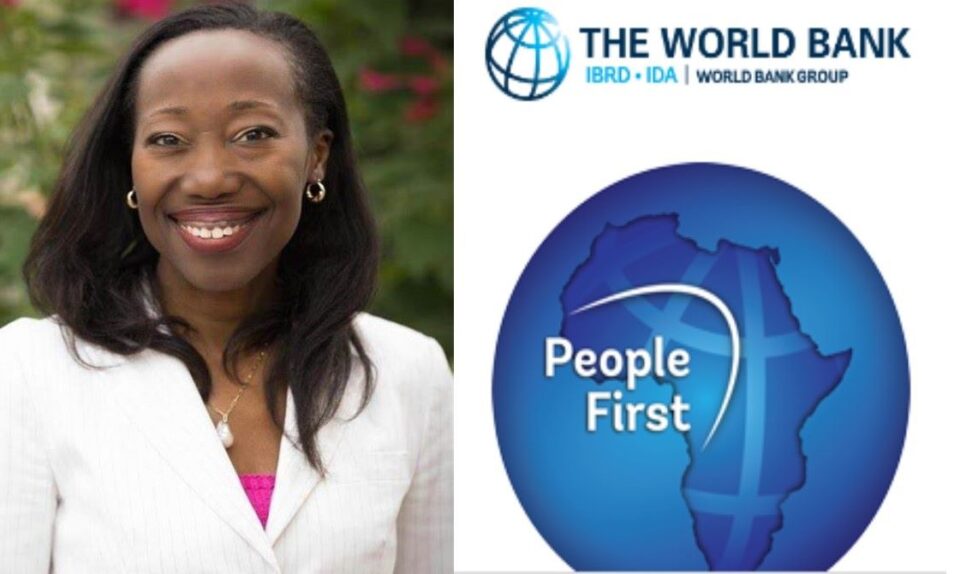Remarks: World Bank Country Manager, Georgia Wallen
PHOTO: Georgia Wallen
September 10, 2024
Distinguished guests, representatives from the Government of Liberia, Madam Director General of NAFAA, representatives of academia, Ladies and gentlemen:
Today’s event represents an investment in Liberia’s future leaders in the fisheries and aquaculture sector.
Adoption of the “Illuminating Hidden Harvests Global Approach for Assessments, Analysis, and Monitoring of Small-Scale Fisheries” is an important step forward. On behalf of the World Bank, I want to extend my sincere congratulations to all stakeholders for tremendous ongoing commitment and collaboration. I would like to especially recognize the Government of Liberia, the National Fisheries and Aquaculture Authority, and the University of Liberia for steadfast commitment to this endeavor.
Your continued leadership and dedication will be essential for sustaining the progress that is underway.
Why is today’s event significant? Because it helps to set the foundation for advancing the core goals of improving fisheries management and building technical capacity in this vital sector for Liberia’s people and its economy. The World Bank is committed to our mission to end extreme poverty and promote shared prosperity on a livable planet, including through Bank financing for the Liberia Sustainable Management of Fisheries project. Our support for the fisheries and agriculture sector is anchored in the pursuit of our mission.
We are heartened that the establishment of the Fisheries and Aquaculture Science Program (FASP) at the University of Liberia is a key outcome of our partnership through the project. FASP has transformative potential, focusing on building human resource capacity needed for effective fisheries management, agriculture, fish, processing, and marketing. These skills are essential for meeting the needs of the Liberian people – cutting across both the public and private sectors.
The FASP is directly aligned with Liberia national development goals, particularly in the areas of food, security, resource conservation, capacity building, research, and sustainable fisheries management. Equipping the next generation of Liberia’s leaders with knowledge and expertise to sustainably manage Liberians vast aquatic resources is vital for safeguarding Liberia’s rich marine resources for the long term.
We are delighted that a wide range of students have shown keen interest in the FASP, with over 100 students enrolling in the first two semesters. This is testament to the program’s relevance and its critical role in cultivating technical expertise that will help shape Liberia’s fisheries sector in years to come.
Looking ahead, we eagerly await completion of another significant project milestone: the construction of the regional center of excellence for fisheries sciences, and governance at the University of Liberia. This Center, supported by the project, will facilitate faculty training. Once operational, it can position Liberia as a regional for expertise and knowledge sharing and fisheries science and governance.
These efforts represent important investments in Liberia’s next generation of leaders and the future of Liberia fisheries and aquaculture sector. Together, we are building a foundation for long-term success and a brighter future for all Liberians.

